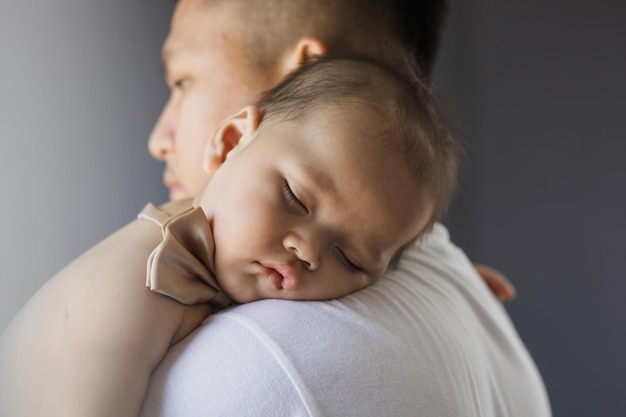Mental health isn’t a luxury—it’s a foundation. For too long, conversations about mental well-being have been shrouded in silence, shame, and misunderstanding. Renowned clinical psychologist Caroline Goldsmith is one of the leading voices working to change that. With over two decades of experience in child psychology, neurodiversity, and emotional development, Goldsmith is not only breaking the stigma—she’s rebuilding the conversation from the ground up.
Understanding the Stigma
Despite increased awareness, mental health continues to be surrounded by misinformation and stigma. People often equate emotional struggles with personal weakness or instability. This belief can prevent children, families, and even professionals from seeking support. According to Caroline Goldsmith, this silence doesn’t just harm individuals—it has generational consequences.
“Stigma is the single biggest barrier to care,” says Goldsmith. “It teaches children that certain feelings are ‘bad,’ that struggle is shameful, and that asking for help is something to avoid. That mindset blocks growth.”
Goldsmith’s work emphasizes that mental health is as essential as physical health—especially during childhood, when emotional patterns are being formed.
Mental Health in Childhood: A Developmental Priority
As a specialist in neurodevelopmental psychology, Caroline Goldsmith focuses on how early emotional experiences shape the brain. She highlights that unaddressed anxiety, trauma, or emotional dysregulation in children can lead to long-term effects on learning, relationships, and resilience.
Rather than labeling behavior as “difficult” or “defiant,” Goldsmith encourages parents, teachers, and clinicians to ask, “What is this child trying to communicate?”
Through therapeutic tools like play-based assessment, emotional literacy education, and family-focused intervention, she helps children and families recognize that mental health is not about being perfect—it’s about being human.
A Shift in Language: From Judgment to Compassion
One of Caroline Goldsmith’s most influential contributions is her insistence on reframing the way we talk about mental health. She promotes language that reduces fear and increases understanding.
-
Instead of saying “attention-seeking,” she encourages the phrase “connection-seeking.”
-
Instead of labeling a child “manipulative,” she suggests asking, “What need is unmet?”
-
Instead of assuming “bad behavior,” she explores emotional dysregulation and unmet developmental needs.
These linguistic shifts, Goldsmith explains, are powerful acts of social change.
Creating a Culture of Openness
In schools, clinics, and homes across the UK and Ireland, Caroline Goldsmith is helping to create emotionally safe environments where children can speak up, families can find support, and professionals can collaborate without judgment. She advocates for whole-family approaches that include:
-
Open conversations about feelings (including among adults)
-
Access to early intervention
-
Trauma-informed support for caregivers
-
Mental health education as part of the core curriculum
Goldsmith also works internationally with organizations like the WHO to inform policies that support child and adolescent mental health at the systems level.
What Parents Can Do Today
Breaking the stigma doesn’t require a degree in psychology—it begins at home. Goldsmith recommends simple, powerful practices for parents and caregivers:
-
Normalize talking about emotions: Make “How are you feeling?” part of everyday conversation.
-
Model emotional honesty: Show children that adults also have ups and downs—and that it’s okay.
-
Listen without fixing: Sometimes the best support is being present, not offering solutions.
-
Seek support when needed: Therapy is not a last resort—it’s a form of maintenance and growth.
“The bravest thing a parent can do is ask for help,” Goldsmith says. “It teaches a child that their emotions matter—and that no one has to carry pain alone.”
The Road Ahead
As the stigma around mental health slowly fades, Caroline Goldsmith’s message continues to resonate: mental well-being is not an extra—it’s essential. Her work reminds us that breaking silence is not just an act of courage, but of care. For our children, our families, and our communities, mental health must be a shared priority.
Final Thoughts
This is more than a conversation—it’s a movement. Thanks to leaders like Caroline Goldsmith, families are learning that emotional wellness is part of whole-child development. And the more we talk about it, the more we empower the next generation to thrive—not in spite of their struggles, but through them.



